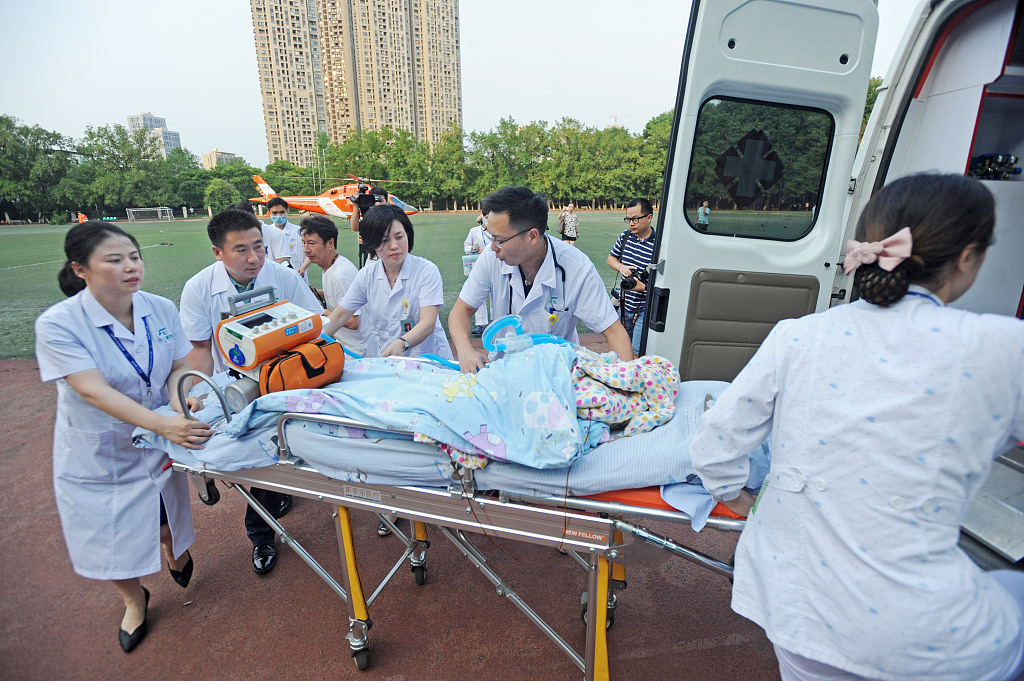Voluntary submission of medical errors promoted
By WANG XIAOYU | China Daily | Updated: 2019-09-18 08:44

China plans to promote a nonpunitive environment for patient safety across its medical institutions to encourage timely reporting of medical errors and harm to patients, according to the National Health Commission.
Patient safety is a set of systematic and precautionary measures to avert preventable medical mistakes and incidents, Zhou Changqiang, deputy chief of medical administration and supervision at the commission, said at a news conference on Monday.
In China, patient safety levels have been increasing significantly over the years, with the mortality rate of hospitalized patients, incidence of bedsores and blood transfusion reactions having dropped consistently, he said ahead of World Patient Safety Day that falls on Tuesday this year.
"However, new challenges in regards to patient safety have emerged because of the swelling population of the elderly, increasing medical demands and new technologies adopted by the medical sector," he said.
In 2017, China established a patient safety reporting system, a non-punitive and voluntary program that collects and analyzes safety reports submitted by medical workers.
Zhou said the system is aimed at encouraging medical staff to improve services through a trial and error process and facilitating communications between hospital staff.
He said a large number of adverse events had been recorded in the system, without revealing a specific figure.
Sun Yang, president of the China-Japan Friendship Hospital in Beijing, said the hospital has so far recorded 1,054 adverse events since a reporting system was set up last July.
"The hospital's system primarily focuses on the usage of medications, the identification process of patients and surgical patient care," he said, adding that the hospital will not hand out penalties to staff who voluntarily submit incident reports.
Xiao Mingchao, president of the First Affiliated Hospital of Chongqing Medical University, said healthcare institutions around the globe have gradually reduced punitive approaches to mistakes.
"The nature of the system is to facilitate sharing of lessons learned from committed errors and minimize risks of future accidents," he said.
China has been making consistent efforts to boost patient safety across its medical sector in recent years. In 2006, the Chinese Hospital Association published a checklist to help medical staff avoid common errors related to patient safety. The checklist has since been updated every two to three years.
The latest list, released in late May, has taken into consideration safety risks tied to electronic medical records, medical equipment and information technology, a move intended to cope with new developments in the country's fast evolving healthcare sector, according to Fang Laiying, vice-president of the association.
World Patient Safety Day was adopted in May during the 72nd World Health Assembly-a meeting of top decision-making bodies of the World Health Organization-in Geneva, Switzerland. The day will be recognized on Sept 17 each year.
The WHO said recently that 134 million adverse events occur each year due to medical errors in hospitals in low-and middle-income countries, resulting in 2.6 million deaths annually.
























